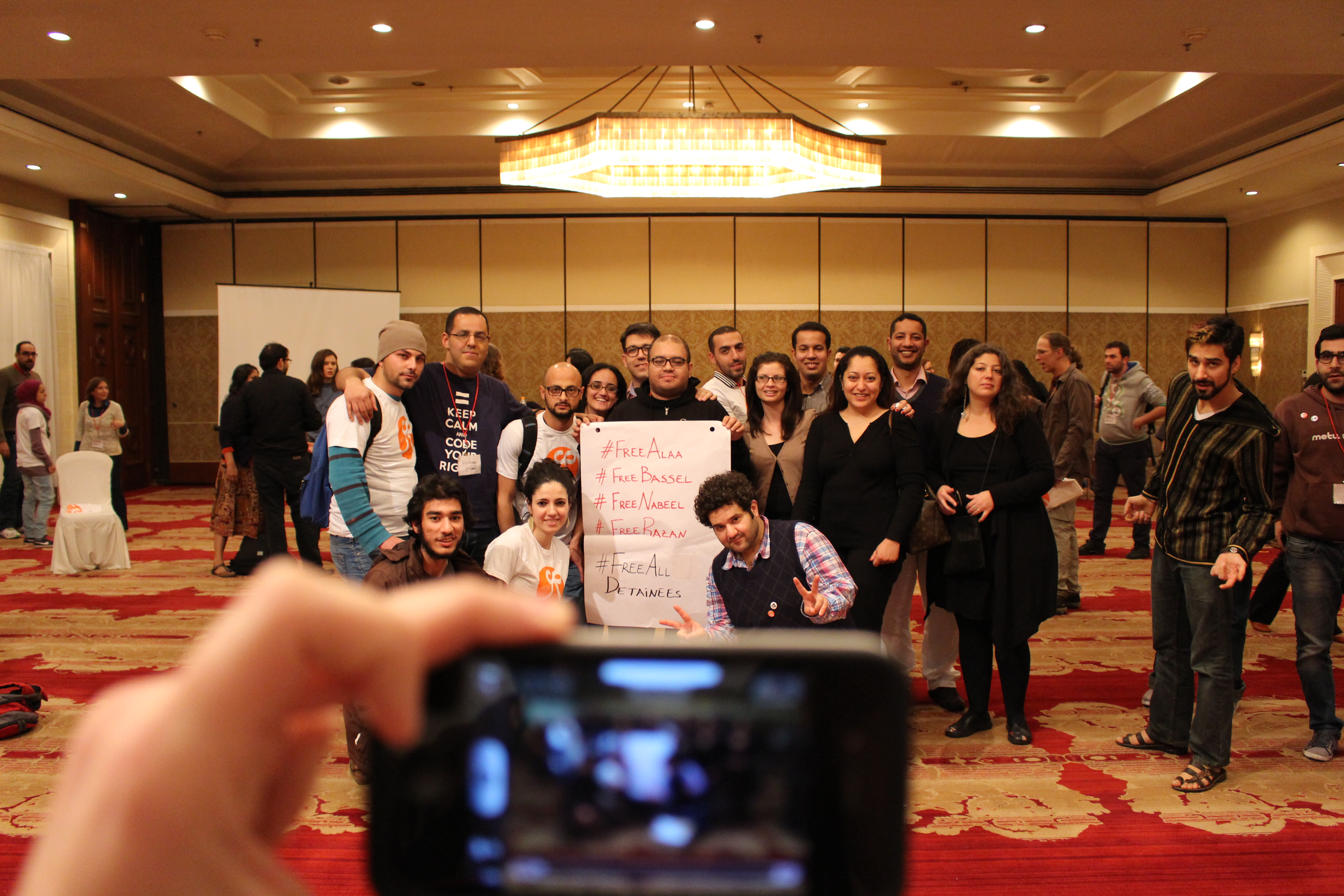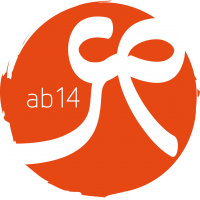Written by Jillian C. York and first performed at AB14 by Wafa Ben Hassine
Have you ever cried for the world?
What, then, can you say for what you’re doing?
This
attempt at creating a country that never existed.
all frozen in time
when you tell me my
love is unnatural my
privacy is unimportant my
heart doesn’t matter I
want to ask you:
what about your tears?
have they dried up
crusted with a film that allows you to
ignore my needs
pretend this is a land for your people only
not you
not mine.
“go back where you came from!”
I heard one night
shouted with might at a pretty girl
whose heart is Carolina through and through but whose
skin and politics don’t match yours, your perception
match what you dream this land to be and
so you
set up cameras, infiltrate, you
watch us, parse our metadata
read our files and you
shun us.
But we are
strong, we are
not wrong, our silence is
not unintentional.
But fear we know, and
fear we show
when we stand down, don’t
stand our ground, reclaim our
place.
First they came for the poor,
the queer, the Black, the Muslim, the immigrant, the Palestinian.
But I was not silent because I am more them than I will ever be you.
I am angrier, louder, and I will not stand down,
I will not stand down
I will not. stand. down.

 يدعم مشاركو
يدعم مشاركو